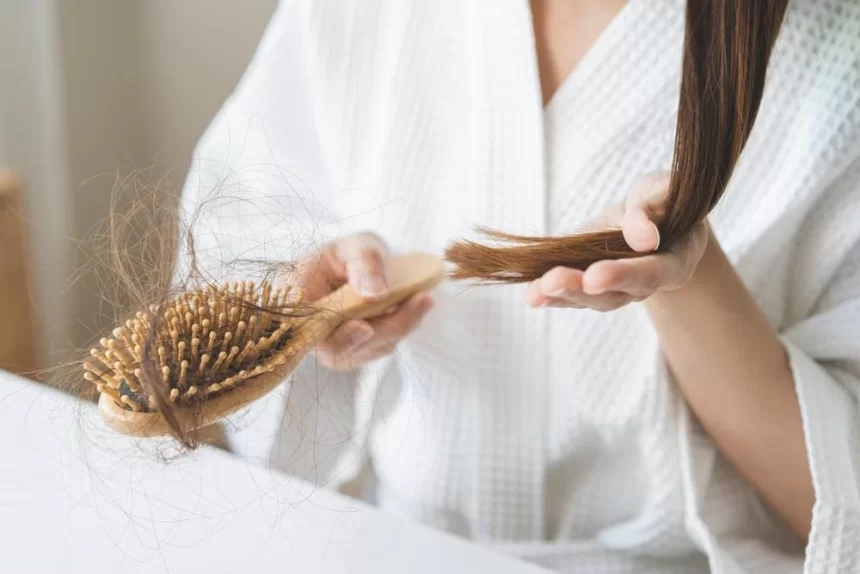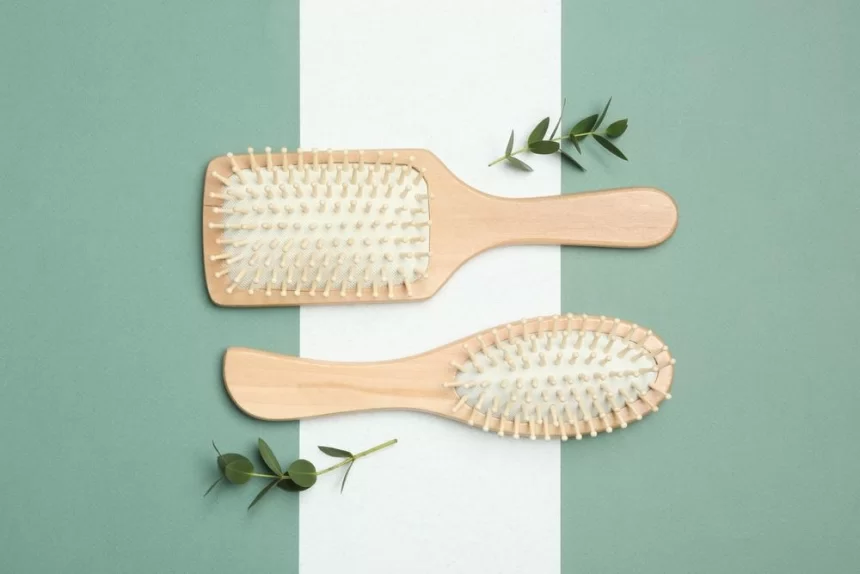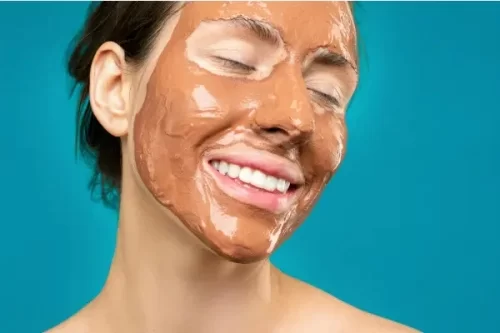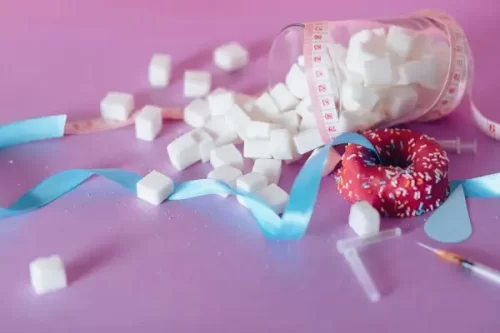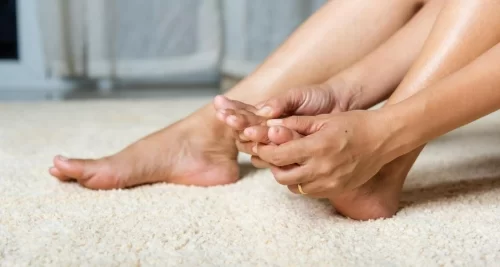Sleeping with wet hair can cause dandruff, acne, and fungal infections – here’s why it’s a bad habit.
Sleeping with damp hair can lead to a range of problems – from dandruff and fungal infections to breakouts and hair breakage. Find out why it’s a bad habit and how to avoid it.
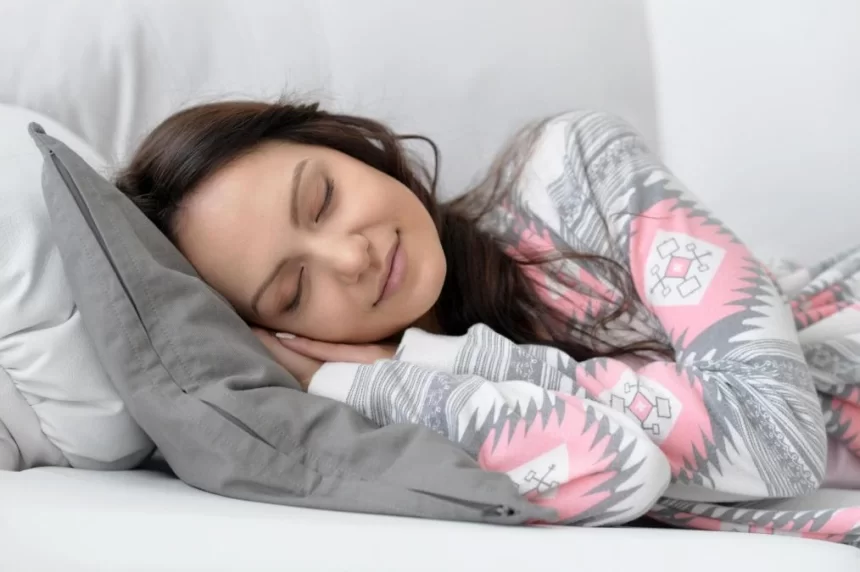
🌙 Sleeping with Wet Hair Can Cause Dandruff, Acne, and Fungal Infections – Here’s Why It’s a Bad Habit
Most of us have fallen asleep with wet hair at least once—whether out of exhaustion or lack of time to dry it. While it may seem harmless, experts warn that this is one of the most damaging habits for both hair and skin health.
Below, we explain why sleeping with damp hair can lead to dandruff, breakouts, itching, and fungal infections—and how you can prevent it.
🦠 1. Damp Environment = Perfect Ground for Bacteria and Fungi
When you go to bed with wet hair, your pillow absorbs the moisture and stays damp for hours. This creates the ideal environment for bacteria, fungi, and dust mites to thrive—leading to:
❌ scalp itching and redness
❌ fungal infections (e.g. seborrheic dermatitis)
❌ unpleasant hair odor
💢 2. Higher Risk of Dandruff and Irritation
Moisture trapped at the scalp retains warmth and humidity all night long, disrupting the skin’s pH balance. This can lead to dandruff, irritation, and flaking.
🧼 3. Acne and Breakouts on the Forehead, Neck, and Back
Wet hair that touches your skin while sleeping transfers moisture, dirt, and product residue (like conditioner or masks), which can clog pores and cause:
-
pimples on the forehead and temples
-
back acne (“bacne”)
-
itching and rashes on the neck
💇♀️ 4. Hair Breakage and Damage
Wet hair is at its most fragile state. The friction between a pillow and damp strands during the night can result in:
-
hair breakage
-
messy, lifeless hair in the morning
-
split ends
✅ How to Prevent These Issues
🔹 Blow-dry your hair on medium heat before going to bed
🔹 If you’re short on time, at least dry your scalp and braid your hair loosely
🔹 Use a silk or satin pillowcase to reduce friction
🔹 Wash pillowcases regularly—especially if you have long hair
🌿 BONUS: What If You Have to Sleep with Wet Hair?
If it’s unavoidable, try this:
-
Wrap your hair in a microfiber towel for 10 minutes before bed
-
Apply protective oil to the ends
-
Sleep with your hair in a loose bun
-
Place a towel over your pillow to absorb excess moisture
🧠 Conclusion
It may seem harmless, but regularly sleeping with wet hair can cause a range of issues—from dandruff and acne to fungal infections and hair damage. It only takes a few minutes to partially dry your hair—and your skin and hair will thank you.
For more tips on natural care, healthy habits, and beauty tricks, follow the Moja Lepota blog. 🌸
Share
What's Your Reaction?
 Like
0
Like
0
 Dislike
0
Dislike
0
 Love
0
Love
0
 Funny
0
Funny
0
 Angry
0
Angry
0
 Sad
0
Sad
0
 Wow
0
Wow
0

